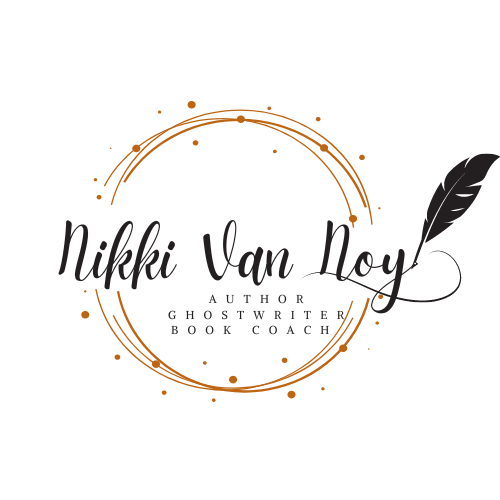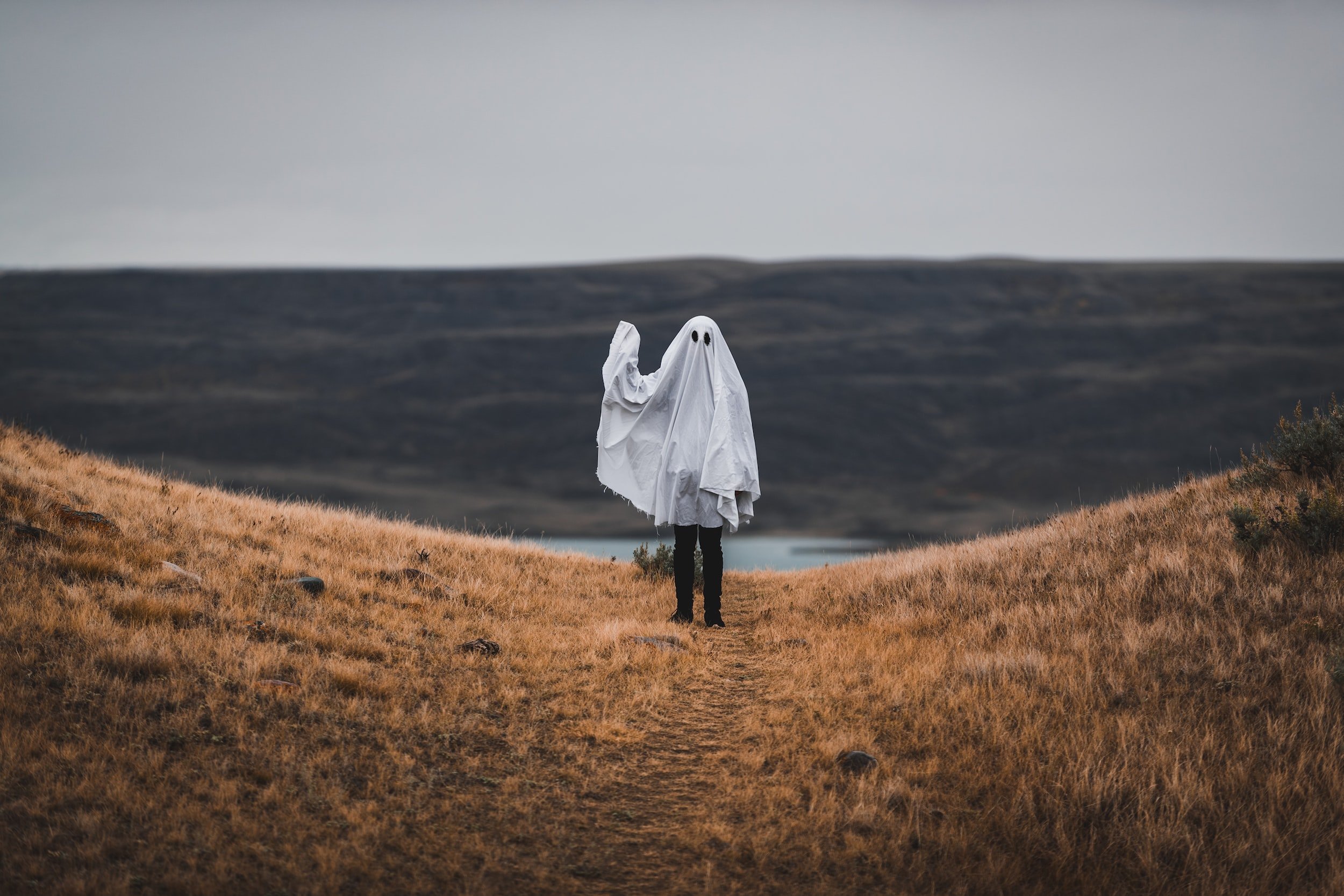The Prince and the Ghost
There’s a lot to say about Prince Harry’s book Spare, and all of the situations and personalities associated with it, but one of the more interesting things it's done in my corner of the world is to open up a wider discourse about ghostwriting.
Ghostwriting is an interesting job, because it’s not so much a career trajectory or choice as it is something that most of us professional ghostwriters (or “book collaborators”) happened upon or fell into. I certainly never said, “I want to be a ghostwriter when I grow up,”—although I probably would have if I had known it was a thing. Instead, I learned about it by working in publishing because I had heard of editors.
The first time I remember hearing about ghostwriting was in my earliest and youngest days at Random House, when a seasoned editor told me, somewhat scandalously, that VC Andrews was a guy—or that, at least, her later books were written by a guy. Suddenly, I had a whole new reason to be scandalized by Flowers in the Attic. Very quickly, though, I learned that this wasn’t such a strange scenario after all. In fact, lots of the authors I worked with (albeit, admittedly in the non-fiction realm) had assistance writing their books to varying degrees, and both in- and out-of-house. Even though it’s something that’s not talked about a lot or widely known (at least until now), it makes sense: most non-fiction writers are being contracted for their expertise … and book-writing is an expertise of its own. A non-fiction writer who has expertise in both their topic matter and in how to write a great book is a rarity, to say the least.
During my time as an acquisitions editor it occurred to me that, among the many other things I was doing, I spent a lot of my time helping authors develop their books. This meant a lot of things across a whole spectrum, from refining their book idea to structuring the book to sometimes even doing a heavy-enough-lift on editing that it was essentially rewriting. I realized that this was my favorite part of the job, and thus my freelance career began.
For me, ghostwriting is the coolest job in the world: I get to slip into someone else’s skin as we do a deep dive into their experiences and/or knowledge bank, to live a life other than my own. I get to drop into a deeply creative space—and sometimes even a therapeutic space—with another human being over a period of time. I get to find the threads in their story and tie them all together, identifying and pointing out themes in another person’s life that they often didn’t even realize existed. I get to soak in a voice and all of the nuance that comes with it to the point where I can actually channel that voice onto the page. When I was younger, I wanted to be an actress and, in so many ways, there are a lot of parallels between ghostwriting and acting (with a dose of therapeutic work thrown in)—it’s just another modality of channeling a story through a character.
But because ghostwriting has happened in an almost underground way to this point (at least outside of publishing circles), some authors have felt a sense of shame about it. Like it was a secret that might somehow invalidate their book if it was brought to the light of day. I wish they didn’t feel that way, and I hope that this wider discussion about J.R. Moehringer’s role in Spare will help destigmatize the process.
Having a ghostwriter doesn’t mean that your book is any less your own or that you somehow gamed the system. Authors are still deeply involved in their own book when a ghostwriter is in the picture—the thoughts, words, knowledge, and experience are all their own. They are still working in the text. And, in some ways, I suspect that the book-making process—and, thus, the book itself—is actually deeper and richer because it’s much more difficult for the author to take or rationalize shortcuts. A good ghostwriter is going to press you, to know when there’s more to a story than you might be immediately inclined to share, to gently encourage you to be more vulnerable.
As a ghostwriter, I still like to stay in the background; I expect that most of us do. But I am nonetheless enjoying the discussion that’s happening on a more public platform, because I think that everyone wins as a result.

